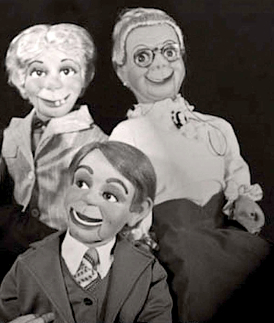Kids quickly notice issues in the places they inherit
 As many lament the decline of respect and values among today’s youth, a recent study has shown the effects that older generations’ habits can have on young people’s perspective.
As many lament the decline of respect and values among today’s youth, a recent study has shown the effects that older generations’ habits can have on young people’s perspective.
The behaviour of adults makes man children feel unsafe in their own communities and homes, which can go on to impact the way they relate to each other and to society.
Excessive use of alcohol, aggressive driving and the threat of violence are the key factors that make children feel unsafe, a landmark study from the Australian National University and University of Western Sydney has found.
A new report – Putting the pieces in place: Children, communities and social capital in Australia – has been based on research with more than 100 children aged between 8 and 12 in six Australian communities.
It found the use and abuse of alcohol was the single issue highlighted consistently by children as the one that made them feel unsafe.
“For many of the children, experiences of adult aggression and violence associated with alcohol and cars posed an on-going threat to their sense of security and everyday safety,” said Dr Sharon Bessell from ANU, who led the research with Professor Jan Mason from the University of Western Sydney.
“The children were acutely aware that adults become highly unpredictable when drunk, and this made them feel vulnerable.
“These feelings of vulnerability were particularly acute at disadvantaged sites where the majority of children had witnessed drunken behaviour in public places.”
The study examined how children thought about their communities and what they would like to see changed.
The children provided a comprehensive list of changes they would like to see in their communities, if, as is perpetually the problem, adults were willing to listen.
Kids highlighted the importance of good physical environments including proper footpaths and areas free of litter, alcohol and cigarette smoke.
They say they often feel disconnected from the adults in their communities because of long working hours and financial pressures on parents.
They also said ‘adult solutions’ are not always considered from the child’s perspective.
An example was the provision of children’s rooms in many clubs and venues - a significant proportion of children found these rooms boring and exclusionary, something to be endured while the adults had fun.








 Print
Print